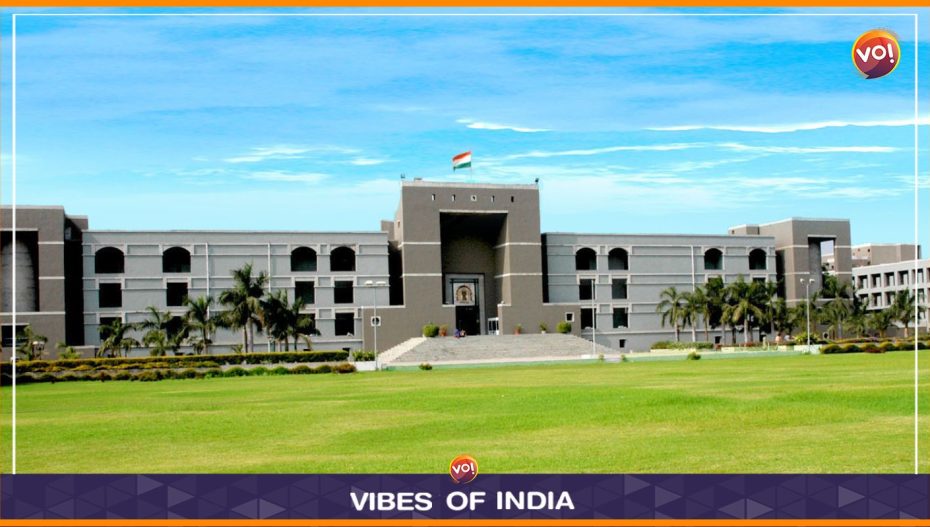The Gujarat High Court has said that children of nationalised public sector bank employees are not on equal footing with those of state government employees, defence personnel, or All India Services members concerning medical admission under the state’s domicile quota.
A student Aryan Bihola, despite completing his Secondary School Certificate education in Gujarat, moved to Uttar Pradesh for his Higher Secondary Certificate education due to his father’s transfer.
Despite clearing the National Eligibility cum Entrance Test (NEET), he was disqualified by the admission committee citing a regulation mandating students to pass both SSC and HSC within the state to be eligible for MBBS admission.
Bihola argued his case, pointing out that his parents and grandparents were born in Gujarat and are state domiciles. He was forced to study outside Gujarat due to his father’s job transfer. He contended that like the children of state government employees, defence personnel, or All India Services members posted outside Gujarat, he too should be considered for admission under the state’s domicile quota.
Bihola’s claim was founded on the assertion that the public sector bank where his father worked should be recognised as a ‘State’ entity per Article 12 of the Constitution of India. Thus, his candidature should fall under the specific category outlined in Sub-rule (6) of Rule 4 of the Gujarat Professional Medical Educational Courses (Regulation of Admission in Undergraduate Courses) Rules, 2017.
However, the bench comprising Chief Justice Sunita Agrawal and Justice NV Anjaria dismissed Bihola’s argument as ‘misconceived’ and rejected the petition.
“The claim of the petitioner who is a ward of an employee of a nationalised bank/public sector bank, that he has to be treated at par with the ward of the State Government employee, Defence Personnel or the Member of All India Services, is wholly without any basis,” the bench noted.
They further clarified that the contention of the public sector bank being a ‘State’ within the meaning of Article 12 of the Constitution of India was found to be erroneous, thereby dismissing Bihola’s claim for inclusion in the aforementioned admission category.











